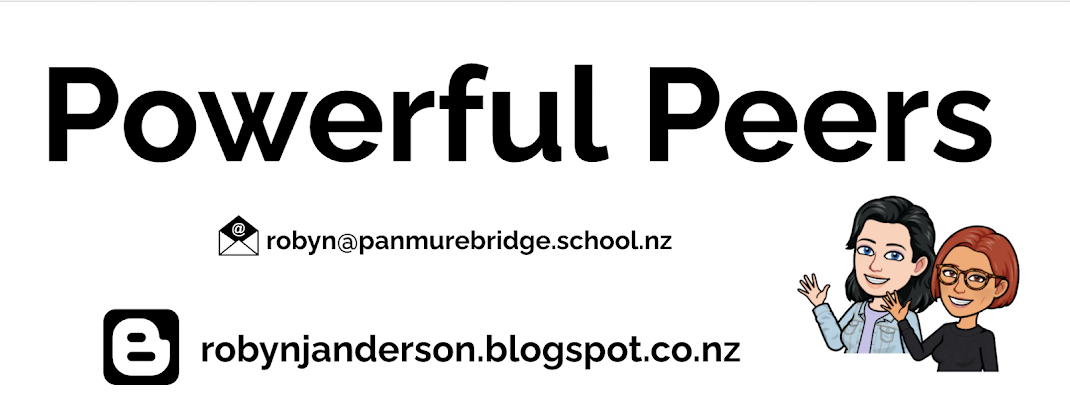Last week Grant Ogilvie and I took part in the teacher training session for the HIIT (High Intensity Interval Training) research we will be taking part in with Dr Nigel Harris from AUT. Our session began at 7am with a tour of the amazing facilities at the Millennium Institute of Sport. An early start but absolutely worth setting the alarm earlier for. The focus of the day was set the teachers who will be carrying out the HIIT sessions up with the tools and knowledge needed to run successful sessions.
Here are my notes:
Here are my notes:
- Physical activity can help buffer stressful events
- The more they burn the better they learn - more activity can improve cognitive and academic performance, focus in class, memory, on task behaviour,
- Greater the strength of the energiser the stronger the focus
- Initial response to exercise sessions is that it’s too hard - rsh shows encouraging participation and reason will break down the barriers
- Students need to see value and we need to understand this and find what motivates them = increased motivation
- Burn 2 Learn study showed autonomous and intrinsic motivation = students can see the value in the challenge and know why they need their skills. Ask "What is your motivation?"
- Strengths v difficulties - Do these change their efficacy?
- 2 sessions of HIIT was most effective
- HIIT = efficacy
- Short bursts of exercise more beneficial than duration exercise
- Challenge self v previous performance - can link to 2 words 1 minute
- Initial response to exercise sessions is that it’s too hard - research shows encouraging participation will break down the barriers
- Students need to see value and we need to u/stand this and find what motivates them so that we increase motivation
- Include Te Reo commands/vocab to strengthen cultural connections - exercise rotation can be linked to Maori legends.
- Burn to learn study showed autonomous and intrinsic motivation occurred when students could see the value in the challenge and know why they need their skills -Need to ask what their motivation is.
- Use a variety of questions to gather student voice after each session: What did you like/not like? How would you rate your performance? What could you do differently next time? Did you achieve your target?Could you help someone who was struggling? What progress have you made?...
Throughout the session I saw many connections between this research and my current teaching inquiry. Increased efficacy and understanding the reasons students have these beliefs in both areas seems to be the key to unlocking the self imposed barriers.


No comments:
Post a Comment